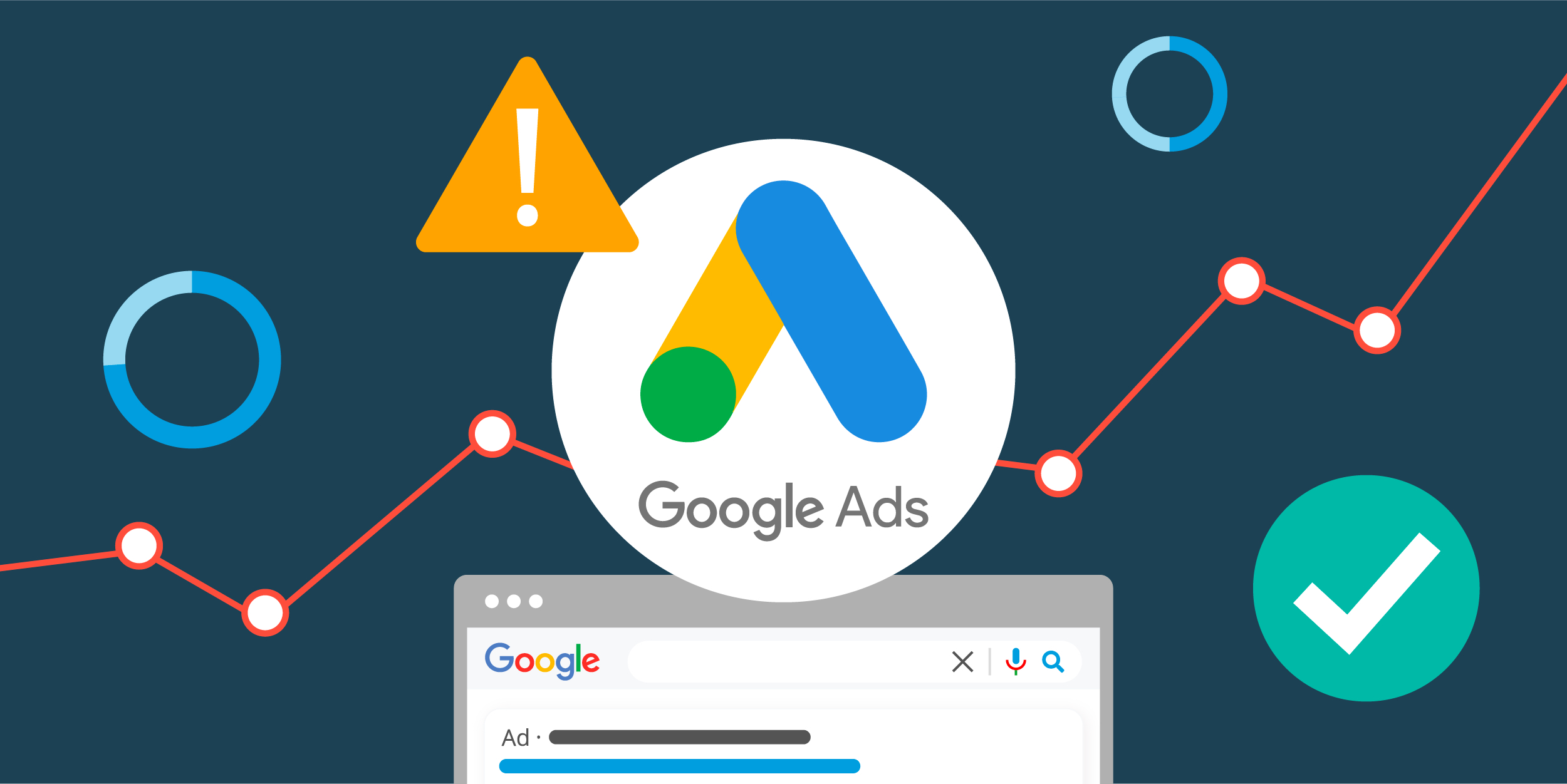Connect
Address
Office 4/184 Pier St,
Perth WA 6000, Australia
Perth WA 6000, Australia

A Google Ads Campaign Audit is a thorough review of an organization's Google Ads campaign, including its ad groups, negative keywords, and landing pages. Conducting a campaign audit can provide several benefits for businesses and organizations that use Google Ads to promote their products or services.One of the main benefits of conducting an audit of your PPC Campaigns is improving the effectiveness and efficiency of the campaign.
By carefully reviewing the campaign's performance and identifying areas for improvement, businesses can optimize their ad spend and target the most relevant and valuable keywords and audiences. This can lead to better results and a higher return on investment (ROI) from the campaign.
Ad Relevance (effects ad rank & quality score) & remove expanded text adsRelevance of ad extensions & relevant landing pagesChecking Targeted Keywords & Search Terms report for irrelevant keywordsChecking the Negative keyword listChecking basic Campaign settings (location settings, bidding strategy, ad schedule, ad rotation)Conversion tracking import from Google AnalyticsRemoving single keyword ad groups (SKAGS)A campaign audit can also help identify any issues or problems with the campaign that may impact its performance.
This could include technical issues, such as incorrect tracking or ineffective landing pages, or strategic issues, such as targeting the wrong keywords or demographics. By identifying and addressing these problems, businesses can improve the campaign's overall performance and get more value from their ad spend.In addition to improving the effectiveness and efficiency of the campaign, checking Google Ads Campaigns can also help businesses stay up-to-date with the latest best practices and trends in online advertising & digital marketing.
As the digital landscape is constantly evolving, it's essential for a PPC Manager to regularly review and update their Google Ads Account to ensure they are using the most effective strategies and tactics. A campaign audit can help identify an outdated or ineffective strategy and provide recommendations for improving the campaign in the future.Overall, conducting a PPC Audit is essential for businesses and organizations that want to get the most out of their advertising efforts. Ad Managers should conduct regular Google Ads audits to identify possible wasted spending, adverse impacts on impression share and causes of low ad rank.
By carefully reviewing the campaign's performance, including search queries, search impression share, branded keywords, search volume, ad groups, and ad rotation settings and identifying areas for improvement, businesses can optimize their ad spend, improve their results, and stay up-to-date with the latest trends in online advertising.
Before starting the audit process, gathering as much data as possible about the current Google Ads campaign is essential. This may include data on the campaign's performance, such as clicks, impressions, and conversions, as well as information about the ad groups, keywords, and landing pages used.It's also essential to establish clear goals for the audit.
These goals should be specific, measurable, achievable, relevant, and time-bound (SMART). Some examples of objectives for a Google Ads campaign audit include improving the campaign's return on ad spend, increasing the number of conversions, or reducing the cost per click.
The next step in the audit process is to review the campaign's overall structure. This includes looking at the ad groups and how they are organized, and the keywords and targeting being used. During this step, it's essential to look for any issues or problems with the campaign structure that may impact its performance. For example, ad groups may be too broad or too specific, or keywords may be too expensive or irrelevant to the target audience.
Once the campaign structure has been reviewed, the next step is to analyze the ad copy and landing pages being used. This includes checking the headlines, descriptions, and calls to action in the ads, as well as the content and design of the landing pages.During this step, it's essential to look for any issues or problems with the ad rank, quality score, ad copy and landing pages that may be impacting the campaign's performance. For example, the ad copy may not be compelling, or the landing page may not have conversion tracking set up or be connected to a Google Analytics Account.
The next step in the audit process is to review the targeting and bid strategies being used in the campaign. This includes looking at the demographics, locations, and interests being targeted, as well as the bid amounts and types of bids being used.During this step, it's important to look for any issues or problems with the targeting and bid strategies that may be impacting the campaign's performance. For example, the targeting may be too broad or the bid amounts may be too low or too high.
Once all of the above steps have been completed, the final step in the audit process is to analyze the google ads performance data and identify areas for improvement. This may include looking at metrics such as clicks, impressions, and conversions, as well as the cost per click and the ROI of the campaign.During this step, it's important to look for any trends or patterns in the data that may indicate areas for improvement. For example, certain ad groups or keywords may be underperforming, or the targeting may need to be more effective.
Based on this analysis, the audit should provide recommendations for improving the campaign going forward. The great idea is to develop a Google Ads audit checklist specific to your business.
Hire Steele, a certified and experienced Google Ads specialist, and start getting better traffic, value, and return for your Google Ads budget.
